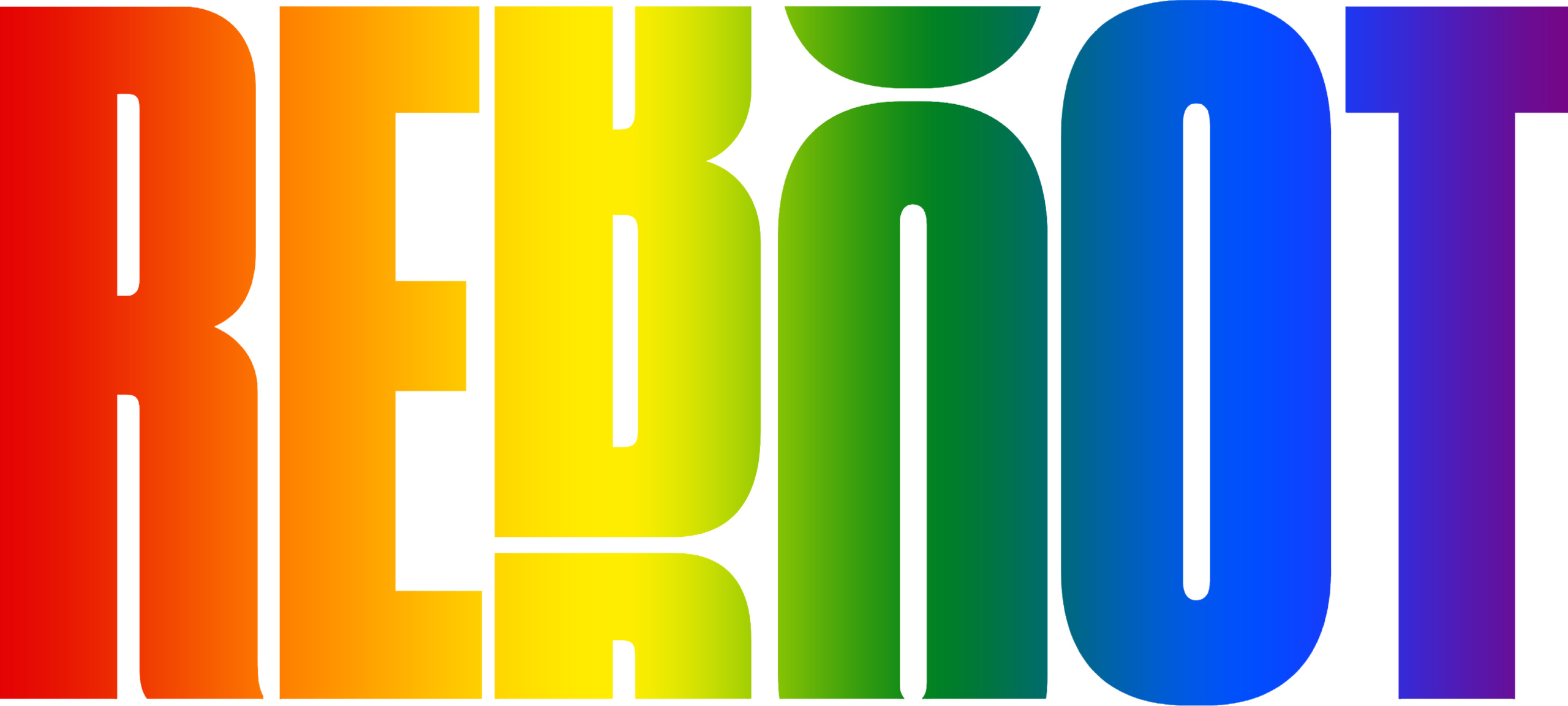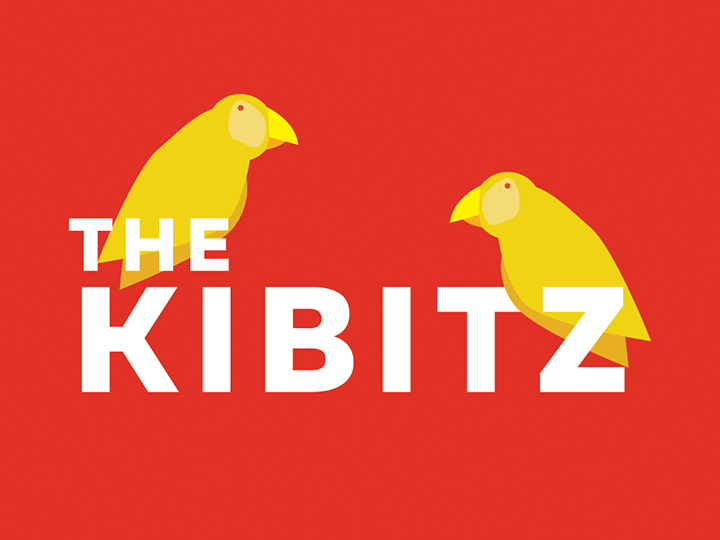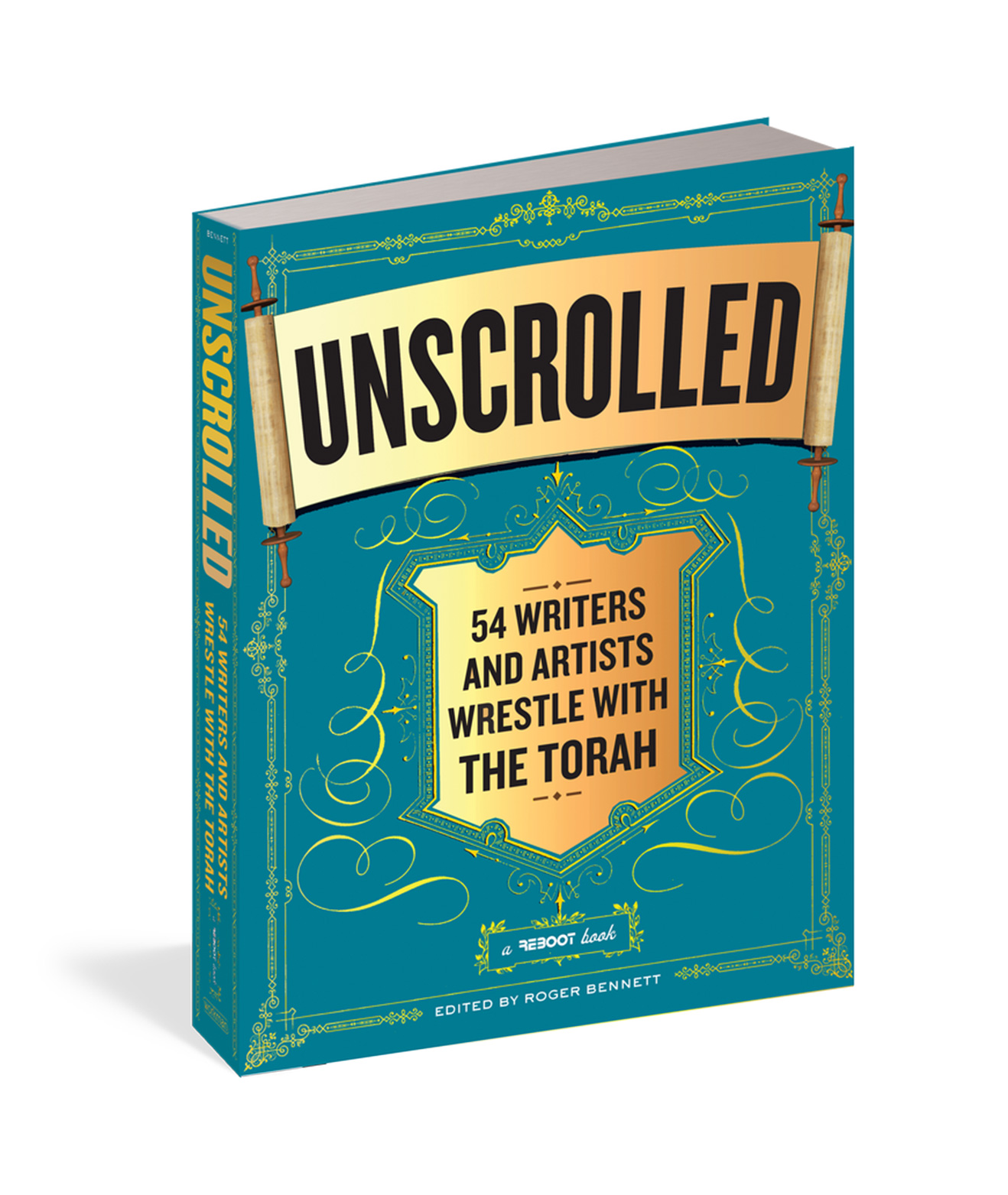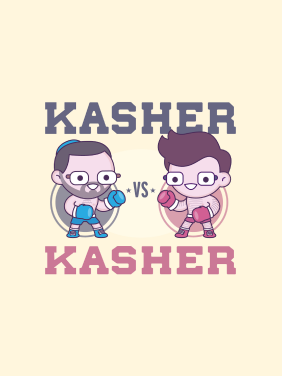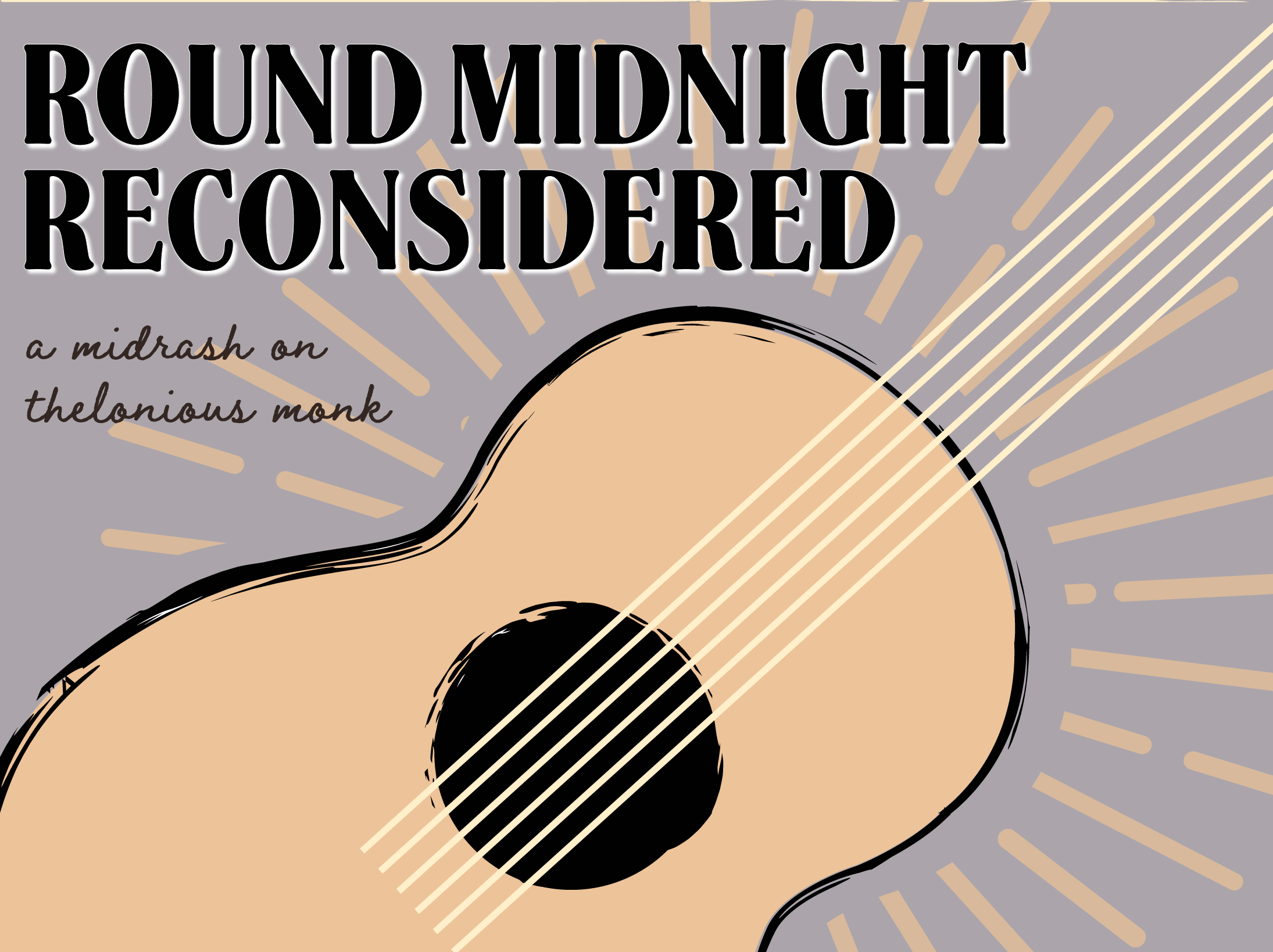Parshanut: Love and Interpretation
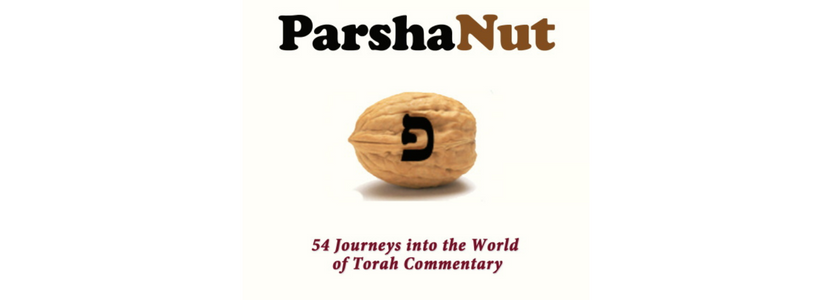
In the spirit of Nechama Leibowitz’s classic, New Studies in the Weekly Parsha, Reboot Network member Rabbi David Kasher offers 54 essays exploring the vast but understudied genre of Jewish literature known as parshanut, or Torah commentary in his new book ParshaNut: 54 Journeys into the World of Torah Commentary. From the masters of midrash who began the tradition, to the medieval commentators who defined the style, on down to the scholars of the modern age, Kasher leads an impassioned and engaging tour through the history of Jewish Biblical interpretation.
From the days of the ancient rabbis on down to the present age, our people have been staring at the same words – sometimes admiringly, and sometimes in outrage and dismay – and then shouting out or scribbling down their own words, sometimes speaking to each other directly, and more often dialoguing across the centuries. The record of that dialogue forms a distinct genre of Jewish literature called, “parshanut” – literally, “interpretation.”
Now, I have surely not been privy to every conversation in human history, but I can assure you that this is the most captivating one I have ever come across. It is full of the weirdest, wildest, most penetrating and provocative reflections on the Torah – which become, through the process of interpretation, a vast and sprawling reflection on our people’s journey through history, on our own complex humanity, and on our desperate search for some greater meaning to it all.
With my new book, ParshaNut: 54 Journeys into the World of Torah Commentary, it is this conversation that I am hoping to invite readers into, so that they might come to share my love of Torah, yes, but ultimately, so that they might become familiar enough with the conversation that they feel empowered to join in and become the next generation of interpreters
I wrote a book about the Torah because the Torah – after, of course, the people I care about – is the great love of my life. When you love something so much, it turns out, you also want other people to love it. You want it to become a more beloved thing in the world. That’s also why you write a book on it. You hope that people who read the book will catch your love for the subject, and come to love it themselves.
But that, I realize, is a tricky proposition. Because the Torah is not a simple book, and so it is not a simple thing to love. The Torah is by no means an “easy read.” First of all, it is very old. That means it is written in an ancient language, and it describes an ancient world. So it can feel alternately impenetrable and irrelevant.
But far more challenging, for many of us, is some of the shocking stuff that’s in there. There is, right from the start, plenty of: violence, cruelty, deceit, sexual trauma, disfunctional family dynamics, ethnic predjudices, and just so much suffering. And that’s just on the human level. Then there is the often angry and incomprehensible God at the center of it all, and the sometimes disturbing commandments which seem to be an expression of that God’s will. The Torah, in short, has quite a lot of baggage.
I realize I’m not really “selling” it. But if you understand the way the word, “Torah,” is used, you might jump on my bandwagon.
- The word, “Torah,” itself, just means “teaching.” So the “Torah of…” some topic – like food, or parenting, or crime – is a teaching on that topic from this particular tradition.
- When we say THE Torah, we are usually referring to the text of the first five books of the Hebrew Bible, the Five Books of Moses: Genesis, Exodus, Leviticus, Numbers and Deuteronomy. That’s probably the most familiar usage of the word.
- But when we say just “Torah,” without the definite article, we are referring to a whole discourse – that is, the ongoing conversation that has been taking place about the Torah, for thousands of years now, across the globe, between millions of people, that has produced thousands of commentaries and seemingly endless interpretations.
It is that version, one that invites everyone in for a conversation, that I think strongly makes the case for the Torah I love. And so, I’m hoping that if you read my book, you will end up loving “Torah” as well.
Rabbi David Kasher grew up bouncing back and forth between the Bay Area and Brooklyn, hippies and Hassidim – and has been trying to synthesize these two worlds ever since. After graduating from college at Wesleyan University in 1998, he studied for several years in yeshivot in Israel before heading off to rabbinical school at Yeshivat Chovevei Torah in New York. He was ordained there in 2007, and returned to Northern California, where he completed a doctoral degree at Berkeley Law. He has served on the faculty of Berkeley Law, the Wexner Heritage Program, Reboot, and BINA: The Secular Yeshiva, and also taught courses at Pardes, SVARA, The Hartman Institute, AJR and HUC.
Rabbi Kasher is a teacher of nearly all forms of classical Jewish literature, but his greatest passion is Torah commentary, and he spent five years producing the weekly ParshaNut blog and podcast exploring the riches of the genre. In 2018, he began work as an Associate Rabbi at IKAR, a non-denominational spiritual community in Los Angeles, where he now teaches a weekly parsha class and has a new parsha podcast called, ‘Best Book Ever.’ He just published his first book, ParshaNut: 54 Journeys Into the World of Torah Commentary.
